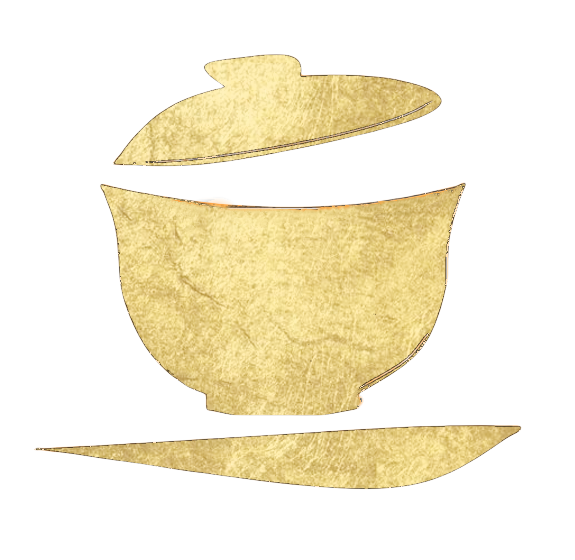
Spring Tea Makers: What Happens in the Tea Mountains
The Story of Spring Tea Making: From Picking to Roasting, the Birth of Wuyi Da Hong Pao
At five in the morning, before dawn had broken, Master Zhou led the tea pickers up the mountain. The mist hung heavy in the air, dampening the tea leaves, which glistened in the early light. Master Zhou said this was the perfect weather for picking tea—the dew kept the leaves tender and fresh.

"Pick one bud with two leaves," Master Zhou demonstrated, "be gentle, like this, just a light lift." His movements were fluid, the tender green buds falling softly into the bamboo basket. I tried picking a few, but either damaged the stems or took older leaves by mistake. Master Zhou shook his head with a smile, "Tea picking is an art; it takes practice."

By noon, the freshly picked tea leaves were brought to the workshop. Master Zhou spread them evenly on bamboo trays in thin layers. "This is called withering," he explained, "letting the leaves lose moisture naturally and shed their grassy scent." Sunlight streamed through the skylight, casting a soft glow on the leaves as a faint fragrance filled the air.
At three in the afternoon, the withered leaves were moved indoors. Master Zhou poured them into the rolling machine, which began to turn with a rhythmic hum. "Rolling bruises the edges of the leaves," he said, "so they can develop their unique aroma during oxidation." I leaned in to smell, and indeed, the grassy scent had transformed into a delicate floral fragrance.
As evening approached, Master Zhou began the frying process. Bare-handed, he tossed the leaves into a red-hot iron wok, his palms skimming the bottom as he flipped them quickly. The aroma of tea rose with the steam, filling the workshop with an intoxicating scent. "The temperature must stay around 200 degrees," Master Zhou said, beads of sweat forming on his forehead. "Too hot, and they'll burn; too cool, and the fragrance won't develop."

The fried leaves were then spread on bamboo trays for rolling. Master Zhou's hands were strong yet nimble, shaping the leaves into tight curls. "Rolling brings out the tea's juices," he said, "so the brew will be rich and full-bodied." Moonlight filtered through the window, casting a soft sheen on the dark green leaves.
The final step was roasting. Master Zhou spread the leaves evenly in bamboo baskets over a low charcoal fire. "This is the most critical step," he said, his eyes fixed on the embers. "If the heat isn't right, all the earlier work is wasted." The tea's aroma grew richer, carrying a hint of smokiness.
Late into the night, the first batch of tea was finally complete. Master Zhou brewed a pot, the liquor a bright amber, its fragrance filling the room. I took a sip—rich, sweet, and lingering. "This is Wuyi rock tea," Master Zhou said, savoring the brew. "It takes all these steps to create a truly great cup of tea."

Under the moonlight, the workshop was filled with the lingering scent of tea. Master Zhou tidied his tools, ready to start again the next day. He said making tea was like a form of meditation—it required heart, patience, and the ability to endure the test of time.
This tea is none other than The Tea Pure's Wuyi Da Hong Pao. Each leaf is crafted with care by artisans like Master Zhou, preserving the authentic essence of Wuyi Mountain. Come to The Tea Mate and experience this gift from Wuyi Mountain—a cup of tea that embodies time, craftsmanship, and the soul of the mountains.
